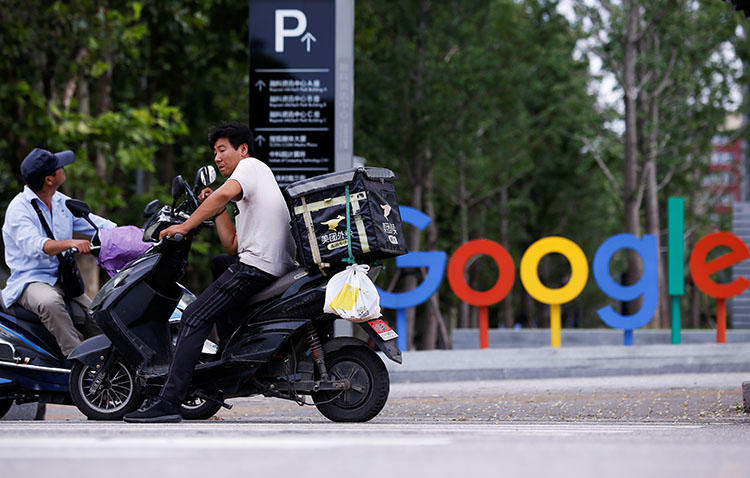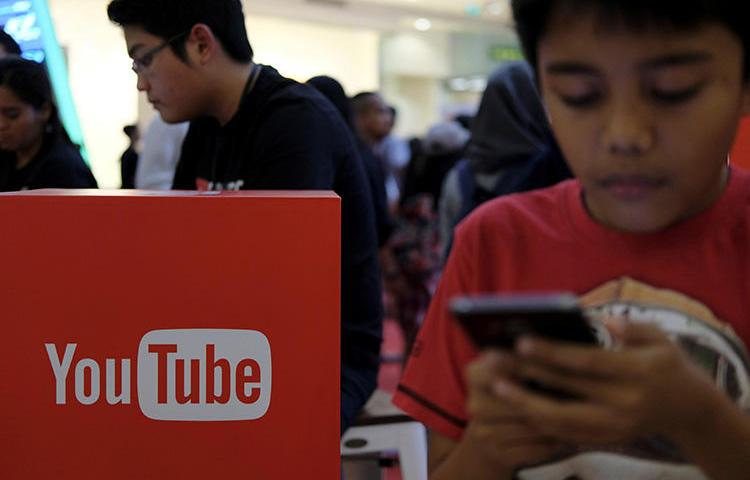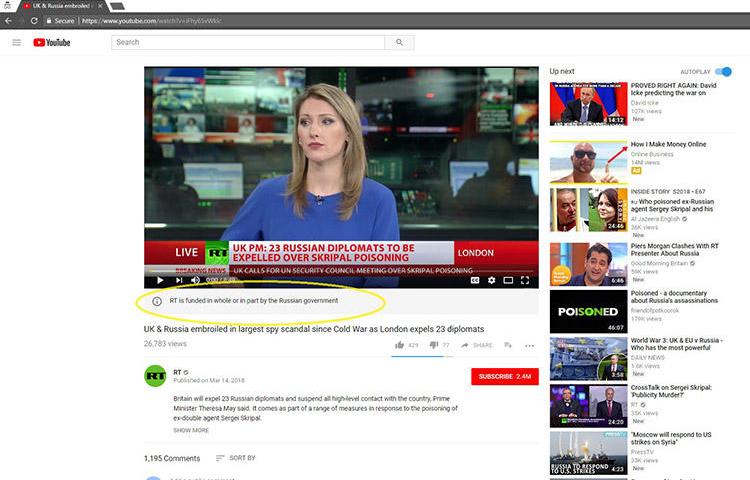
Indian court gags news outlets from reporting ‘derogatory’ information about candidate
A Bengaluru court on March 30, 2019, issued a gag order to 44 Indian news outlets as well as Google, WhatsApp, YouTube, Facebook, and Yahoo, barring the outlets and platforms from publishing “defamatory and derogatory” content about Tejasvi Surya, a candidate in the upcoming parliamentary elections, according to independent Indian news website The News Minute.

NSO Group responds to spyware abuse allegations with spin
Entering the terms “NSO Group,” “journalists,” and “spying” into a Google search from a workstation in New York City recently produced a sponsored search result at the top of the page. The NSO Group manufactures some of the world’s most sophisticated and high-profile spyware, and its sponsored link invites readers to a slick website touting…

Google complicity in Chinese censorship could endanger press freedom elsewhere
In 2010, after four years of offering Chinese users a heavily censored version of its search engine, Google decided it would no longer block search results at the request of the Chinese state. “Our objection is to those forces of totalitarianism,” Sergey Brin, Google’s co-founder, told The New York Times at the time, adding that…

Greater transparency welcome but social media sites should allow independent audits of content takedowns
In recent days, some of the world’s largest tech companies released new transparency reports, opened up their content moderation guidelines, and adopted approaches to fighting pernicious content as they tried to head off government regulation amid concerns about “fake news,” harassment, terrorism and other ills proliferating on their platforms.

YouTube labels on public broadcasters draw ire in US, Russia
With claims to more than one billion users consuming content in 76 languages, Google’s YouTube has become a core part of most media outlets’ dissemination strategy. And although there are 88 localized versions of the service, YouTube.com remains the largest and most influential platform for reaching a global audience. Which is why, when the site…

Egyptian public must be able to access all news sites
New York, February 6, 2018–The Committee to Protect Journalists today called on Egyptian authorities to ensure that the public has easy access to a full range of news and information sources in the lead-up to presidential elections scheduled for next month.

Deciding who decides which news is fake
Authorities decry the proliferation of misinformation and propaganda on the internet, and technology companies are wrestling with various measures to combat fake news. But addressing the problem without infringing on the right to free expression and the free flow of information is extremely thorny.
UPDATE: Google, Mozilla revoke authority of CNNIC after breach of trust
San Francisco, April 2, 2015–The Committee to Protect Journalists welcomes Google’s plan to revoke the authority of root certificates belonging to China Internet Network Information Center (CNNIC) following CNNIC’s major breach of the trust placed in them to underpin global Internet security. Mozilla also said it will not trust any CNNIC certificates dated after April…
Yahoo! End-to-End email preview promises greater protection for journalists
Good news for journalists wanting added protection from surveillance. Yahoo! has announced a technical preview of its email security tool End-to-End, which it has been developing in collaboration with Google. This is another milestone in the tech companies’ efforts to protect users not just from outsiders, but also from the companies themselves.
